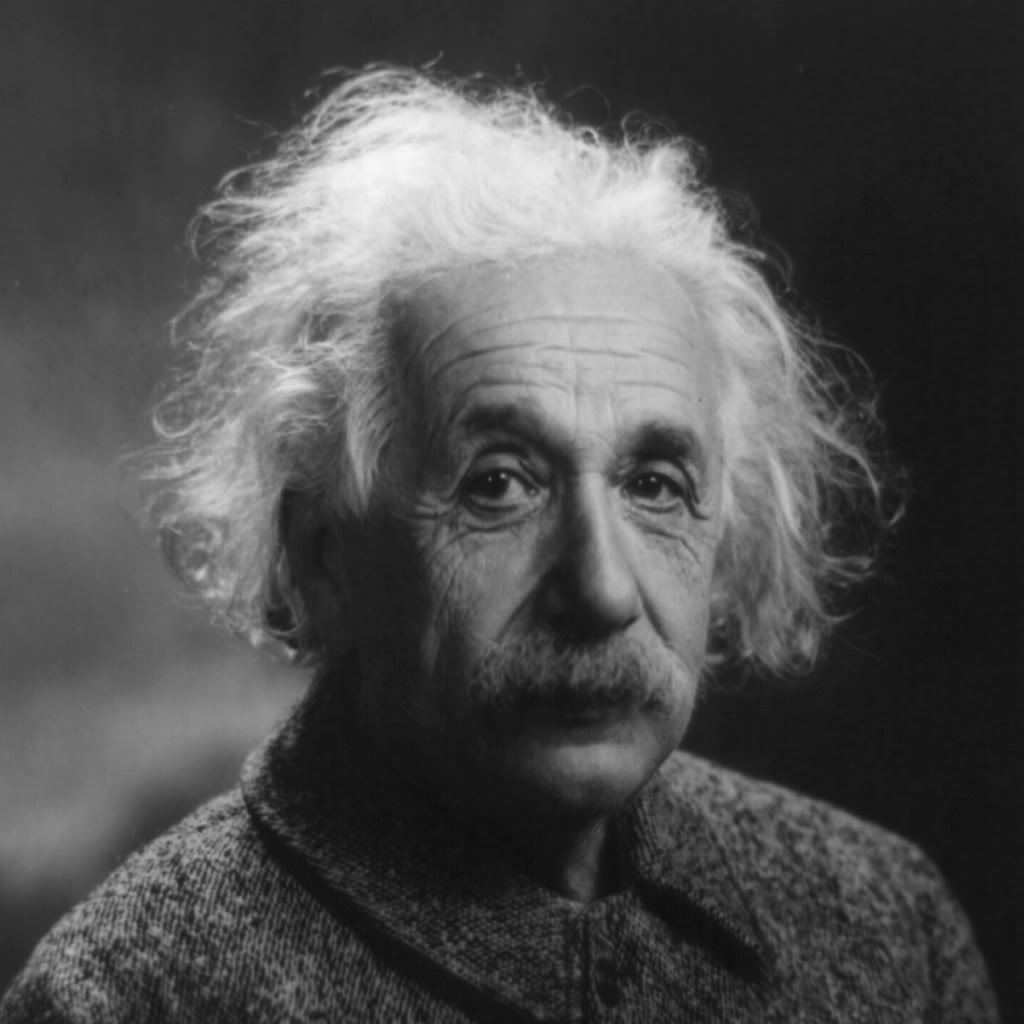Mindset of the Set Mind
Technorati tags: Malaysia, Observations, Set Mind, Mindset
 Some people call it having a one-track mind, some call it being set in their ways. It's a case where in a given situation, the mind can only think of one already foregone conclusion. The Set Mind.
Some people call it having a one-track mind, some call it being set in their ways. It's a case where in a given situation, the mind can only think of one already foregone conclusion. The Set Mind.
Allow Walski to illustrate.
Just last Tuesday, there was a survey reported in The Sun, stating that 73% of Malay Muslims think that Malaysia is an Islamic state. Immediately, a certain known conservative Muslim blog came to the conclusion that this news would make liberal-minded Muslims, and those the blog calls the anti-Islam population (i.e. those that don't see things their way), have a heart-attack.
The funny thing about most liberals Walski knows, though, is that we tend to investigate a little bit more before jumping to conclusions.
The said blog made a reasonable conclusion, until of course, one actually reads the article. The survey actually tells a lot of things, and it would be a useful exercise for you to read the entire report (and the one that follows it on the same page). Walski's conclusion is that it's a survey, of 1,000+ Malay/Muslim individuals. Nothing much more than that. At most surveys will reveal trends but may or may not fully provided a picture of the reality of things. Especially if the survey sample weren't really random enough.
But the conclusion the blog in question jumped to, was made, probably because in the mind of the authors, Malaysia should be an Islamic state. One synapse gets triggered by a precept, which in turn triggers another synapse, which then starts an avalanche of synapses towards a thought-realization of that same precept. In other words, articulating in one's conscious mind, something already taken as a foregone conclusion.
Then there's the common point of view (in Malaysia that is), which believes agreement must be absolute, if you "don't agree with me, then you're against me". Another set-mind behavior.
(more set-mind mindset critiques in the full post)
But why is this a prevalent mindset? Is it because of our do-as-you're-told education systems, both secular and religious, where we have been told from young to not question? Walski can only guess, and has no real answers to this question.
Knowledge, however, can never allowed to reamin stagnant. The moment one decides one knows it all, is the moment the mind starts to set. Like cement, or super-glue. And maybe it's that realization which has prompted Walski, a long time ago, to never stop learning. About anything and everything.
We can learn from many things around us, things we sometimes take for granted, even. There's a lot, for example, we can learn from little children. Their thirst to know how everything around them works, and why certain things are just so, are the qualities that many of us leave behind as we approach adulthood.
But it's this very inquisitiveness that drives us to discover more. And perhaps in that sense, we should embrace our children's thirst, and not thwart it, like many parents do. Granted, the incessant why? why? why? can be pretty annoying. But it's this unrelenting, honest quest for answers that allows them to learn. It is definitely something we adults should re-learn to do.
Walski leaves you with the following two quotes, the first one :
The more I learn, the more I realize I don't know
 You know who said that? It was none other than Albert Einstein, perhaps the most important scientist and physicist of the last century. To have that quote come from someone so brilliant tells us a lot. But it tells Walski that the pursuit of knowledge should be never-ending, that you'll never know enough or know everything. Most of all, it is the realization that the antithesis of knowledge is the set mind.
You know who said that? It was none other than Albert Einstein, perhaps the most important scientist and physicist of the last century. To have that quote come from someone so brilliant tells us a lot. But it tells Walski that the pursuit of knowledge should be never-ending, that you'll never know enough or know everything. Most of all, it is the realization that the antithesis of knowledge is the set mind.
Einstein, incidentally, also said this:
We cannot solve our problems with the same thinking we used when we created them
And perhaps it is because our minds are set that it seems so difficult for us to arrive at real solutions to pressing problems, rather than coming up with easy, populist, but mostly wrong solutions, which more often than not, create their own set of problems later on...
















